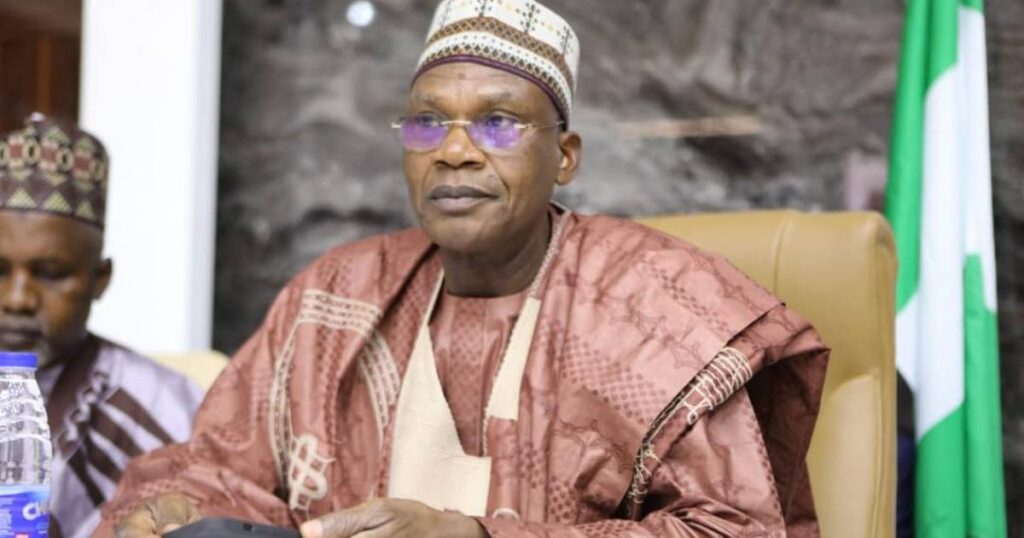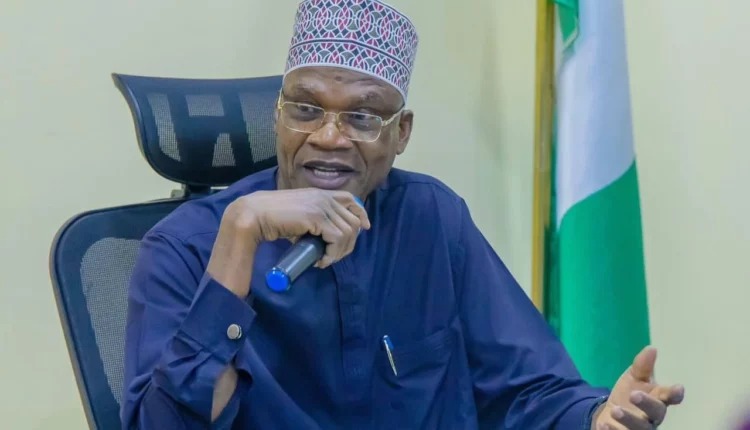The Nigerian government, through the Minister of State for Education, Tanko Sununu, has clarified that there is no age restriction preventing students under 18 from taking the West African Senior School Certificate Examination (WASSCE) or National Examinations Council (NECO) exams. This statement comes in response to widespread misinformation suggesting that students below 18 years old were barred from these exams.
Speaking at an event marking the 2024 International Literacy Day in Abuja, Sununu explained that recent remarks attributed to the Minister of Education, Professor Tahir Maman, were misinterpreted. The confusion stemmed from discussions on the National Policy requiring students to be 18 years old before entering tertiary institutions under Nigeria’s 6:3:3:4 educational system.

Sununu outlined the policy, stating that a child should start primary school at age six, spend three years in Junior Secondary School (JSS), another three years in Senior Secondary School (SSS), and reach 18 years before entering university. He emphasized that this policy does not restrict younger students from sitting for WASSCE, NECO, or other examinations.
The minister’s comments were intended to address concerns about universities admitting underage students, some as young as 10, which is deemed inappropriate for their psychological development.
“It was shocking to say that a university in this country gave admission to children at ages 10, 11 and 12 years. This is totally wrong,” he stated.
Despite this, the ministry acknowledges that some children possess exceptional intelligence and may be capable of handling university-level education at a younger age. He noted that the ministry is working on guidelines to identify such gifted students.
On International Literacy Day, Sununu reaffirmed the government’s commitment to improving literacy through multilingual education. He highlighted the importance of using learners’ mother tongues as a medium of instruction to foster mutual understanding, peace, and socio-economic development.
International Literacy Day, observed annually on September 8, focuses on the critical role of literacy in the development of individuals, communities, and societies.


